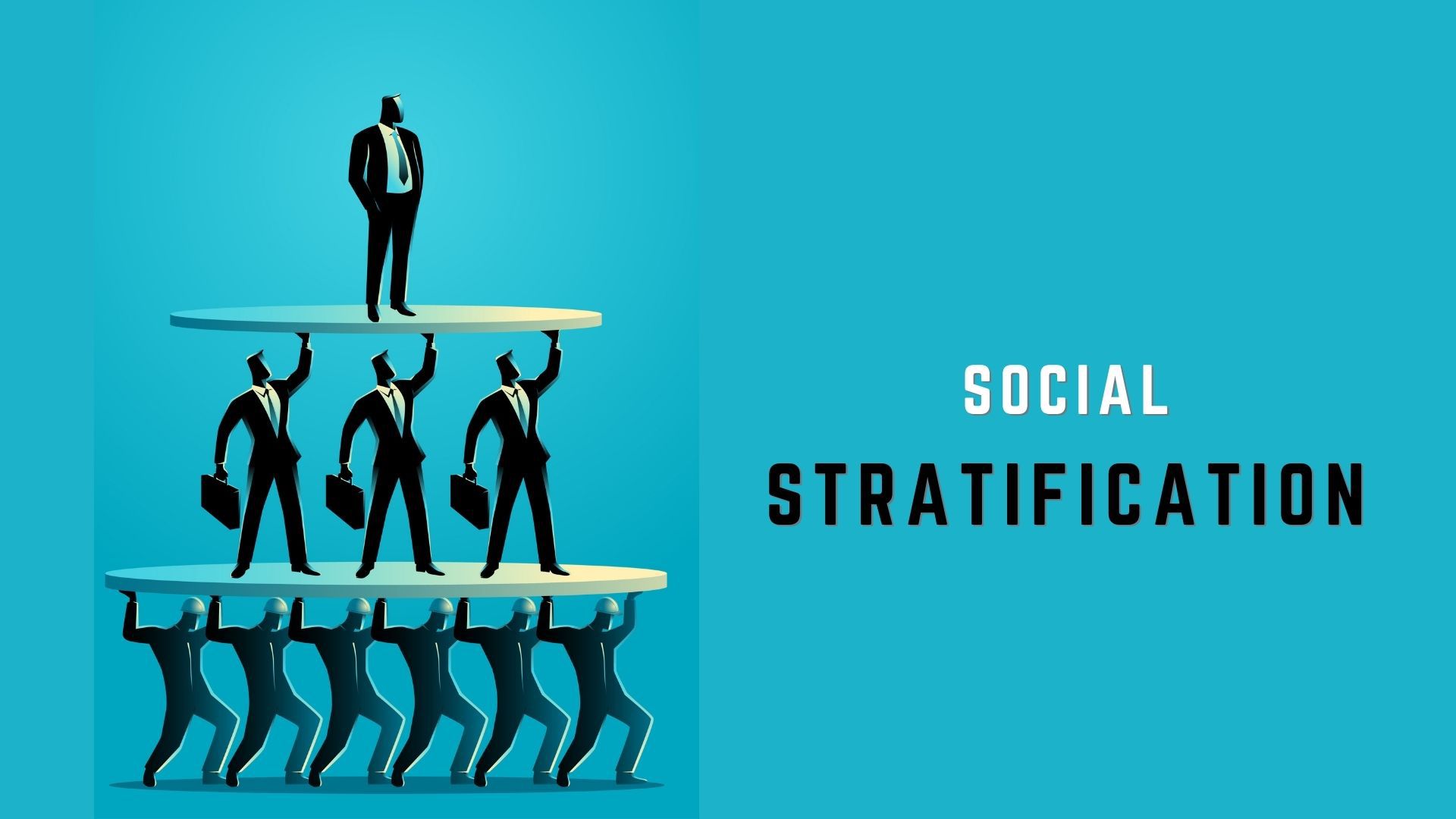
Social stratification is an inevitable outcome of the division of labor, suggesting that the eradication of class hierarchies is an unachievable ideal. In a low-level society, there's no division of labor, whereas in an advanced society, division of labor is an inherent part of the system. Even if job rotation is introduced, it ultimately solidifies division of labor as a formality.
This leads to the unavoidable existence of classes, and naturally, equality among different classes becomes an unattainable goal. With division of labor comes responsibility, along with the allocation of powers and duties commensurate with the division. These powers inevitably lead to individual differences in rights, obligations, and resource acquisition, culminating in the creation of distinct classes.
For example, Yu the Great, a Chinese mythological figure, gained rights to distribute resources and benefits through his successful management of floods. His success elevated his reputation, turning him into a de facto leader and ultimately a member of the ruling class. This progression from tribal community to state mirrors this process.
Even formal elections fail to eliminate the disparities in resource rights caused by different contributions. The failure of populist revolutions, too, stems from the inability to eradicate managerial functions. Even if the governing bodies are replaced, the essence remains the same, leading to the victory of those in power. While power is held by a minority, the majority is subject to their rule.
Thus, it begs the question, is nationalism, which is built on traditional Chinese interpersonal ethics and independent of the social division of labor, more beneficial for the vast majority who are ruled?
How is the contribution of division of labor quantified? Honestly, how can we compare the contributions of managing a country, a region, or a company? Can productivity increase be a measure? It all depends on your value system and how you define fairness.
Allow me to digress. The authority of Yu the Great did not originate from his prestige, but his control over the flood control workers. With a mere switch of a pointed wooden stick, these workers could become soldiers, forming a disciplined and obedient army.
In the game BioShock, the villain said, "Even in Rapture, someone has to scrub the toilets."
The eradication of classes is indeed impossible. The well-being of those at the bottom depends entirely on the humanity of those at the top.
In my opinion, class structure should be referenced against Maslow's hierarchy of needs. Unless material conditions are extremely abundant, class differentiation will always exist. This is because human needs escalate to the desire for recognition from others.
Even if material conditions are excessively abundant, one can either follow the capitalist path, using cultural products to distinguish classes, or follow the socialist path, which might elevate human needs from a desire for recognition by others to self-recognition. Only then could we possibly reach a classless society where everyone pursues individual transcendence rather than differentiation or competition with others.